Joining a coffee roasting team and working your way up can take some time. Many join from elsewhere in the coffee sector; often, they are baristas or home roasting enthusiasts who are looking to take the next step in their coffee career.
When they do, they will often become part of a team managed by a “head roaster”. The name of this position might vary from company to company, but generally this individual will lead a roasting team in everything they do.
But what exactly does this look like on a day-to-day basis?
To learn the answer to this question, I spoke to two head roasters who have worked in the coffee sector for years. They told me what the role entails, and which skills and traits make for an ideal candidate. Read on to learn more.
You might also like our article exploring automation in coffee roasting.
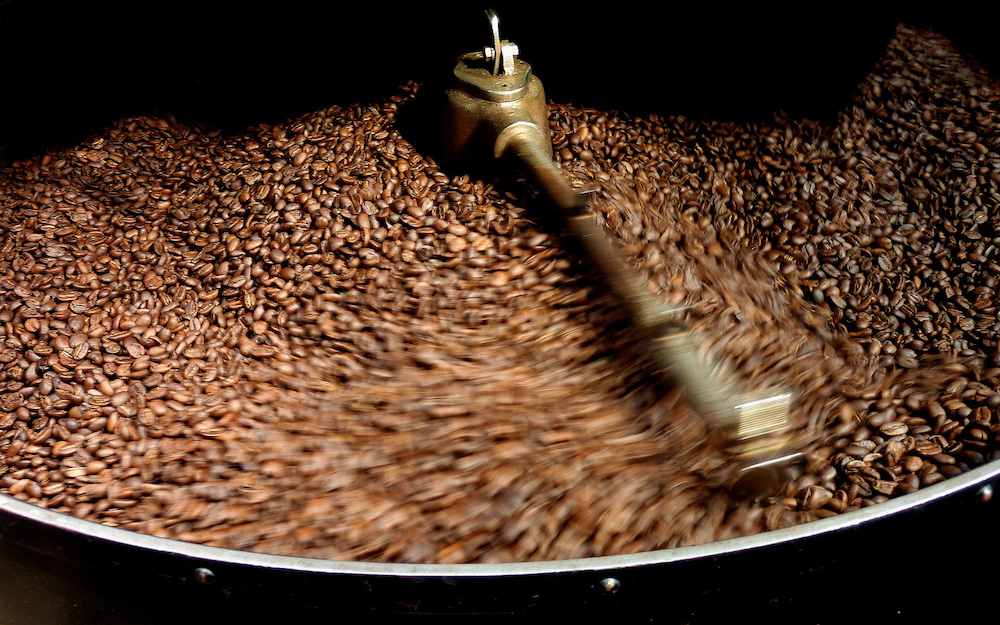
What is a head roaster?
The head roaster’s role differs slightly depending on the size and needs of a coffee roastery, but their responsibilities are more or less consistent.
Their main focus is to manage the quality of the coffee the roastery produces. They manage and oversee quality control procedures, only signing off on a profile or batch once they are confident it is of the best possible quality.
Sasa Stojanovic is Director of Coffee at 49th Parallel in Vancouver, Canada. However, before becoming Director of Coffee, he was 49th Parallel’s head roaster.
Sasa explains that, for him, the job is all about one thing: quality control.
“[At 49th Parallel], the head roaster role became more focused on roasting itself as the company grew,” he says. “Before that, it would cover almost everything at the back of the roastery.
“The production roasters and roasting assistants report to the head roaster, then the head roaster reports to the director of coffee.”
Some head roasters are also responsible for other key business areas. These might include dispatch and stock management, for instance.
As a roastery grows, these roles become more focused. This makes sure that responsibility is shared and that experts are familiar with each role. Ultimately, this leads to fewer mistakes and better production quality.
However, during the pandemic, some roasteries have been forced to scale back. Wojtek Bialczak is the head roaster at Five Elephant Coffee in Berlin, Germany. Due of shifts in the business, he has temporarily shifted to being both the production manager and the head roaster.
Wojtek says: “It used to be two people that held the head roaster and production manager roles, but right now I’m both.
“When all of the customers come back, I will just be head roaster again, and then I will have more time for some more fun projects.”
This shows one thing above all else: that the head roaster is often at the head of the hierarchy for a business’ day-to-day roasting operations. This means that they often have to adapt to whatever challenges arise in the company – global pandemics and beyond.
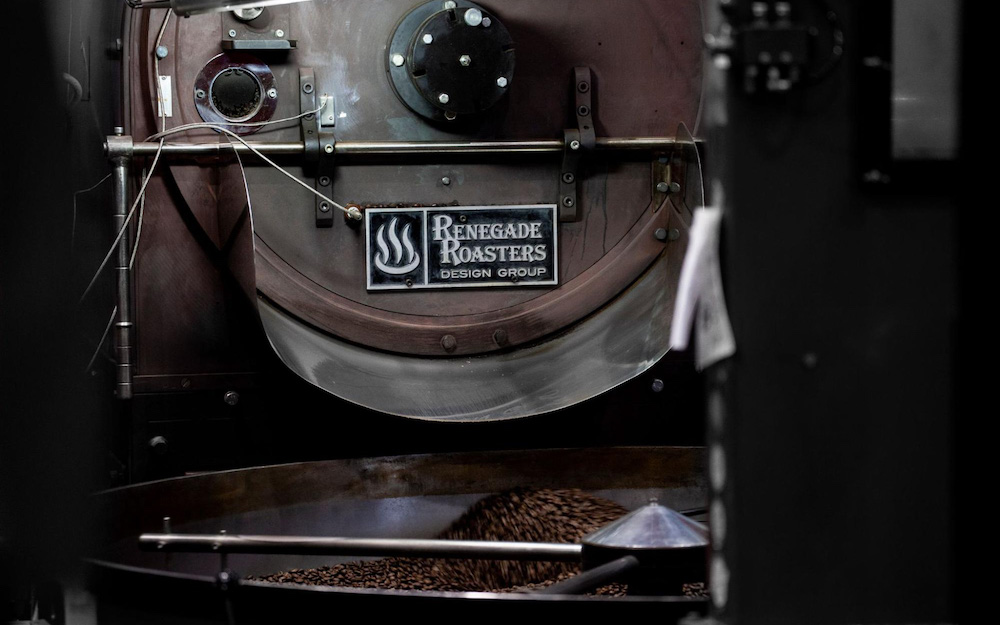
A day in the life of a head roaster
The day-to-day responsibilities of a head roaster will vary depending on the company, but it is one of the more consistent roles in any coffee business.
Sasa gives me a breakdown of what a normal day might look like.
He says: “To start the day, the head roaster will turn the roasters on, and then start to schedule batches to be roasted based on sales.
“After that, they will move to the quality control room and cup the previous day’s roasts. They’ll then consult the QC/green team to adjust the curves or profiles if needed. They’ll also make sure all production roasters are aware of any changes before they start roasting.”
Once these initial profiles have been confirmed and the production roasters get to work, the head roaster will often then go on to ensure the packing team gets the right batches.
During the course of the day, they will also find time to support production roasters when they have trouble hitting goals, debrief with the team at the end of the day, and plan for the following day’s roasting.
Keeping ahead of schedule is an important part of the head roaster’s role. They will generally be responsible for roasting to a consistently high standard in an efficient, cost-effective, and timely way.
Wojtek says that as Five Elephant’s head roaster, he is in charge of roasting most of the company’s coffee.
He says: “We have one [principal] line of coffee, which is called Propeller. It is a coffee marketed to offices and restaurants. [Normally], I don’t roast this, and instead I leave it to our production roasters.
“However, I do create the profiles for all of the coffees. I also make sure every week that all of our profiles are up to date, because when the weather changes, the coffees respond differently during the roast.”
After completing his quality control, Wojtek explains that he updates the relevant processes and carries out the first roast himself. This is important, as he can respond with any big changes that need to be made.
He also notes that understanding the variables that affect green coffee quality is important for any head roaster. This is because it provides them with the base knowledge to adapt or tweak any established roast profiles based on environmental factors – seasonality and temperature changes, for example.
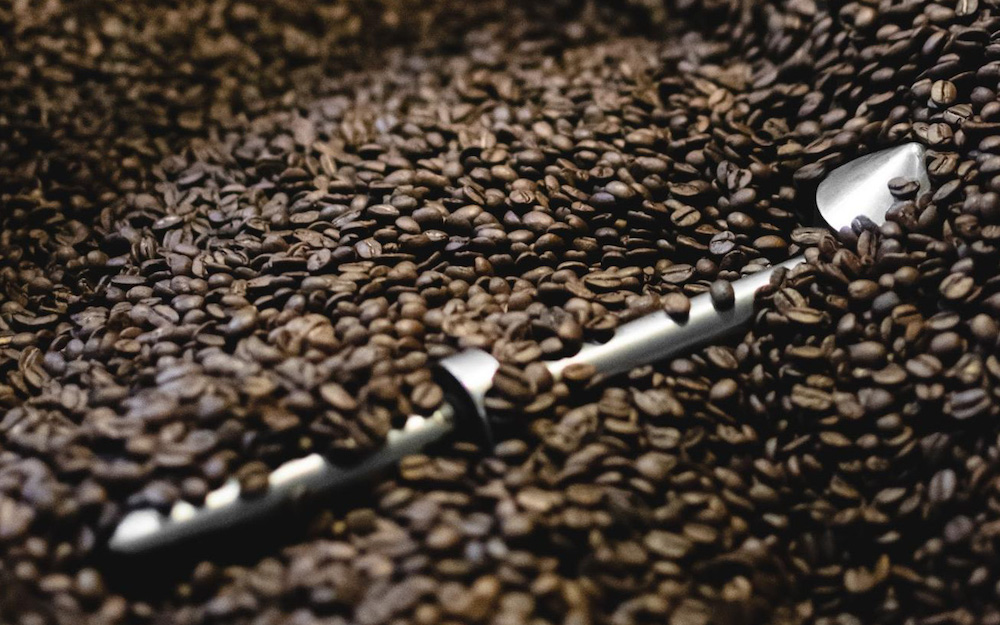
Which skills are most important?
To succeed as a head roaster, first and foremost, coffee roasting expertise is key. Beyond this, however, aspiring head roasters will need to be adaptable, and have a good understanding of how to roast a variety of different beans. They need to be just as comfortable dialling in a blend for local restaurants as they are with a delicate, lighter profile for a Geisha nano lot.
Sasa says that at 49th Parallel, open-mindedness is a key ingredient for success.
He says: “We have four different roasters, and they all require a different approach to achieve consistent results. Two roasters are single drums with classic burners, so jumping between them is not that different.”
However, he also says they use a double drum roaster with atmospheric burners. This machine is more than 100 years old, and requires a different approach.
Sasa says: “The airflow profiling is much more impactful [with the old machine], and it can be difficult at first. But once you figure it out, the repeatability is next-level.”
Being comfortable with new technology and being prepared to invest time in mastering each piece of equipment are also important traits. As coffee roasting businesses grow, many invest in additional pieces of equipment or technology. These may include new roasters, weigh-fill machines, or updated roasting software.
Ultimately, knowledge and adaptability are key. Understanding how different beans behave in the roaster and how different types of roaster respond to minor tweaks is incredibly important.
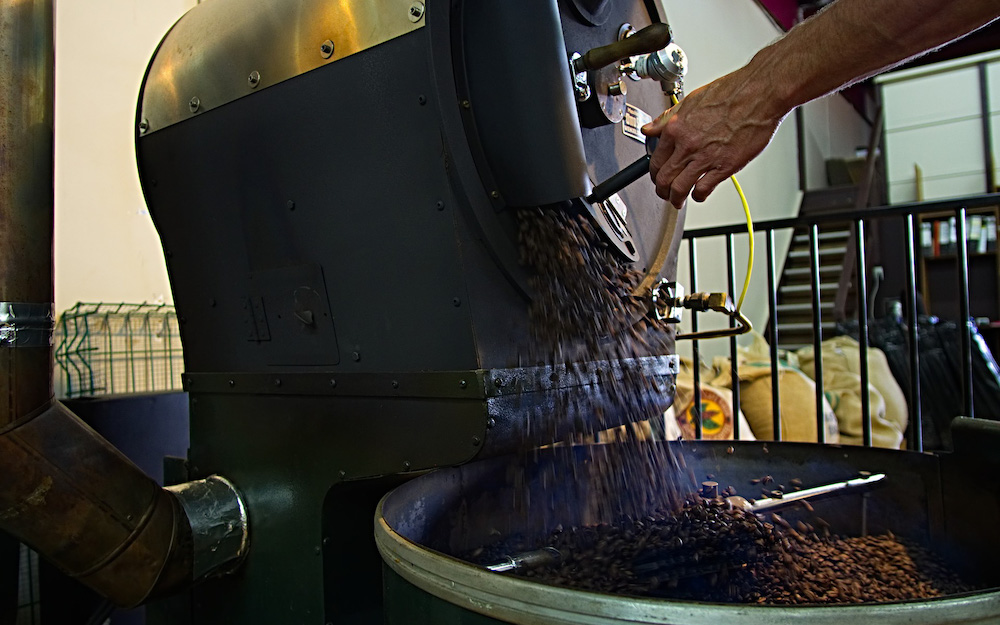
Aspiring candidates: Making the cut
Roasting roles are few and far between, and the pandemic hasn’t made things any easier in that regard. However, opportunities do come along. So how can you make yourself more attractive to potential employers?
Well, firstly, some companies will ask for head roaster candidates to be qualified Q graders. However, this is not always the case.
Wojtek says this is something he has been looking into. He explains that he is still growing and learning in his head roaster role, but is always looking for opportunities to learn more about the coffee sector.
He says: “After a few years, I [wanted to learn more] probably like you would in any job. That’s why I talk about becoming a Q grader, or going to events – to keep it interesting.”
Wojtek adds that this is also why he finds competing as a barista appealing. He was the German Barista Champion in 2019 and finished 5th in the World Barista Championship in the same year.
“It’s hard, it’s stressful, but after each competition, I feel like I’ve learned so much,” he says. “That’s the best part of it.”
However, Sasa says that despite the difficulty of securing a head roaster role, it is incredibly rewarding. He tells me that the skills you develop as a head roaster can prepare you for a wealth of different roles in the coffee sector afterwards.
He says: “At 49th Parallel, we usually hire [for] this kind of position from within. But no matter their skills, any good head roaster needs a good understanding of the company’s sourcing programme and customers’ expectations before taking the helm. Consistency should always be a number-one priority, too; it is for us.
“However, the skills a head roaster holds and develops could lead them to become a green buyer, head of quality control, or director of coffee.”
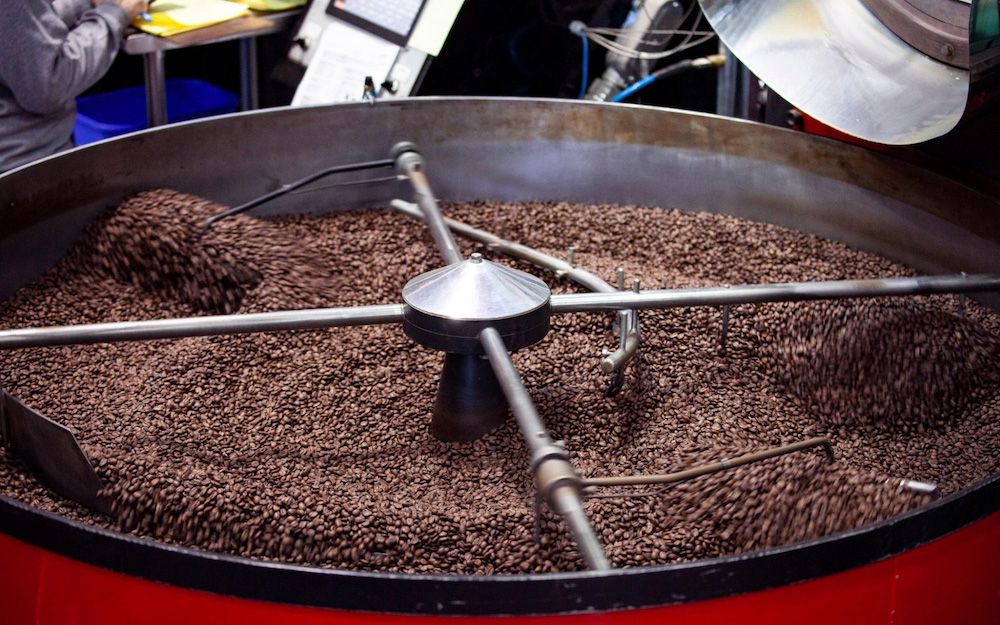
The head roaster role is undoubtedly one of the most demanding positions in a coffee roastery. It comes with an immense amount of pressure: a head roaster is, at the end of the day, accountable for roast quality beyond anybody else.
To excel in this role, roasting expertise is obviously key. Beyond that, however, adaptability and an open mind are both good traits. Furthermore, if you manage to thrive as a head roaster, you’ll find that the skills and knowledge you acquire equip you for a strong future elsewhere in the industry.
Looking for coffee sector job roles? Head on over to PDG Jobs and take a look!
Photo credits: 49th Parallel, Five Elephant Coffee, Pixabay
Perfect Daily Grind
Want to read more articles like this? Sign up for our newsletter!
The post Coffee roasting job roles: What does a head roaster do? appeared first on Perfect Daily Grind.
By: Josef MottTitle: Coffee roasting job roles: What does a head roaster do?
Sourced From: perfectdailygrind.com/2021/08/coffee-roasting-job-roles-what-does-a-head-roaster-do/
Published Date: Wed, 18 Aug 2021 05:33:00 +0000
Did you miss our previous article...
https://coffeecutie.com/home-roasting/grinding-for-espresso-at-home






